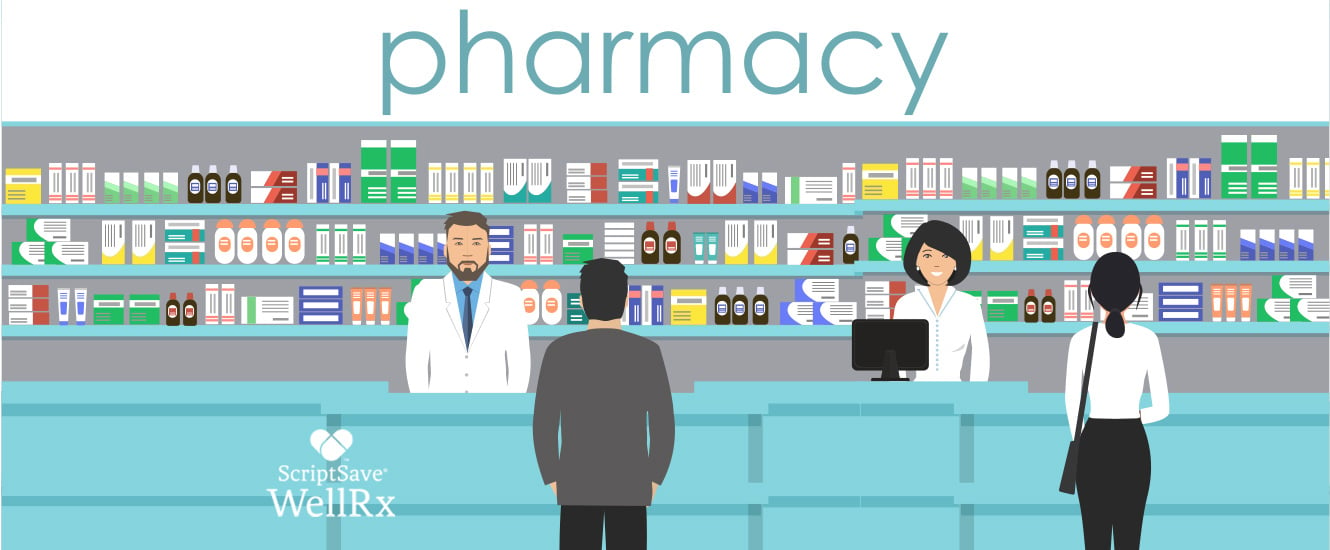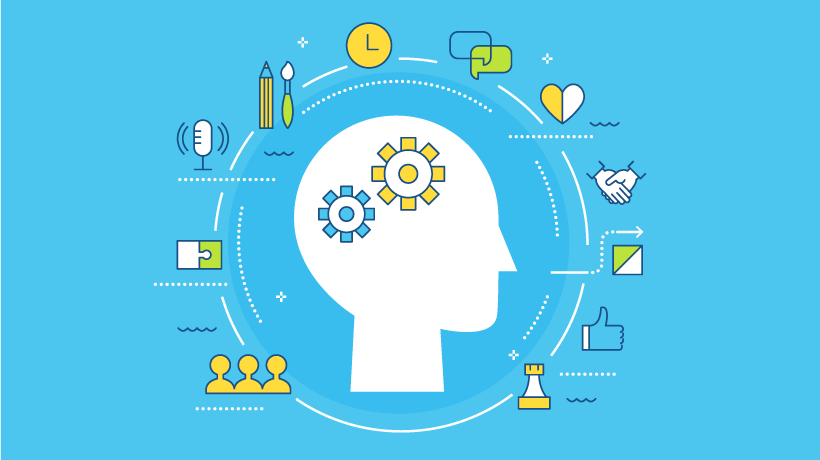Discover the World of Pharmacy: A Subject Review
Explore pharmacy – the science of medicines, patient care, and improving health outcomes. Learn about key areas, career paths, and why pharmacists matter.
Table of Contents
- What is Pharmacy?
- Key Disciplines within Pharmacy
- The Vital Role of Pharmacists
- Exciting Careers in Pharmacy
- Skills Needed for Success in Pharmacy
- Famous Pharmacists and Their Discoveries
- Top Universities for Pharmacy
- The Future of Pharmacy
- FAQ
What is Pharmacy?
Pharmacy is a multifaceted healthcare profession that encompasses the science of medicines: their discovery, development, production, safety, effectiveness, and optimal use for the benefit of patients. Pharmacists are the medication experts, playing a critical role in ensuring people receive the right treatment to manage diseases, prevent illness, and live healthier lives.
Key Disciplines within Pharmacy
Pharmacy draws on various scientific and healthcare fields:
- Pharmacology: The study of how drugs interact with the body, including their mechanism of action, side effects, and how different medicines work together.
- Medicinal Chemistry: Designing and synthesizing new drug molecules to target specific diseases or improve existing therapies.
- Pharmaceutics: The science of formulating drugs into different dosage forms (tablets, capsules, injections, creams) that are safe, effective, and easy to administer.
- Pharmacy Practice: Clinical focus on dispensing medications, patient counseling, monitoring drug therapy, and collaborating with healthcare teams.
- Pharmacoeconomics: Evaluates the cost-effectiveness of medications, helping inform healthcare policies and insurance decisions.
The Vital Role of Pharmacists
Pharmacists are essential healthcare providers who:
- Dispense Medications: Accurately fill prescriptions and check for potential drug interactions or allergies.
- Counsel Patients: Explain how to take medications correctly, manage side effects, answer questions, and promote healthy habits.
- Monitor Drug Therapy: Review patient health records, adjust dosages as needed, and look for signs of adverse reactions or complications.
- Collaborate with Doctors and Nurses: Offer expertise on drug choices, dosing, and patient response, ensuring a unified approach to care.
- Public Health Roles: Administer vaccines, provide smoking cessation programs, or offer screenings for conditions like high blood pressure.
Exciting Careers in Pharmacy
A pharmacy degree (PharmD) opens doors to diverse and rewarding paths:
- Community Pharmacist: The familiar face in a local pharmacy, interacting with patients, dispensing medications, and advising on over-the-counter products.
- Hospital Pharmacist: Working within a hospital setting, managing complex medication regimens, preparing sterile IV medications, and collaborating with medical teams.
- Clinical Pharmacist: Specializing in a specific area (cardiology, oncology), directly involved in patient care rounds, optimizing drug therapy based on individual health needs.
- Pharmaceutical Industry: Researching and developing new drugs, ensuring quality control, marketing, or working on regulatory affairs.
- Government Agencies (FD
A, etc.): Setting drug safety standards, approving new medications, and conducting surveillance for post-marketing effects. - Academia: Teaching future pharmacists or conducting cutting-edge research to advance the science of medications and their use.
Skills Needed for Success in Pharmacy
To excel as a pharmacist, cultivate these skills:
- Strong Science Foundation: A deep understanding of chemistry, biology, anatomy, and physiology.
- Medication Expertise: Knowing a vast array of drugs, their uses, dosages, side effects, and interactions.
- Attention to Detail: Accuracy is crucial; a small error could have significant consequences.
- Communication Skills: Clearly explaining medication instructions to patients from all walks of life, and collaborating effectively with healthcare teams.
- Empathy and Compassion: Building trust with patients and understanding the challenges of managing illnesses.
Famous Pharmacists and Their Discoveries
- Friedrich Sertürner: Isolated morphine from opium in the early 1800s, revolutionizing pain management.
- Alexander Fleming: The accidental discovery of penicillin marked a turning point in treating bacterial infections.
- Gertrude B. Elion: Pioneered drug development based on rational design rather than trial and error, leading to treatments for leukemia, autoimmune diseases, and viral infections.
Top Universities for Pharmacy
(Rankings change, always research for updates)
- University of North Carolina at Chapel Hill (USA)
- University College London (UK)
- Monash University (Australia)
- University of California, San Francisco (USA)
- Harvard University (USA)
FAQs: Studying Pharmacy
- How long does it take to become a pharmacist?
- Usually 6 years for a Doctor of Pharmacy (PharmD) degree. Some programs combine pre-pharmacy coursework for faster completion.
- Is pharmacy school very difficult?
- It's challenging! Heavy science load, high-stakes exams, and real-world consequences for errors demand focus. But with dedication and support, it's incredibly rewarding.
- Do I need to be good at math and chemistry?
- Yes! Successful pharmacists have a strong grasp of chemistry (for understanding drug mechanisms) and perform dosage calculations (essential for patient safety).
- What's the difference between a PharmD and a PhD in Pharmacy?
- PharmD is focused on the practice of pharmacy. A PhD is research-heavy, training for drug discovery, academia, or specialized industry roles.
FAQs: Careers in Pharmacy
- Is community pharmacy the most common career path?
- Many pharmacists do work in this setting, but it's not the only option. Hospital, research, government roles are all growing sectors.
- Do pharmacists make a good salary?
- Yes, it's a well-compensated profession. Salaries vary by location, specialization, and experience, but it offers comfortable living.
- Are there opportunities for specialization within pharmacy?
- Definitely! Areas like oncology, infectious disease, critical care, pediatrics... Pharmacists can become real experts in specific patient populations.
- Can pharmacy be combined with other interests like business?
- Yes! Some pharmacists own independent pharmacies, others go into regulatory affairs, or work on the marketing/business side of drug companies.
FAQs: Pharmacists and Patient Care
- What's the difference between a pharmacist and a doctor?
- Doctors diagnose diseases and make overall treatment plans. Pharmacists are the medication specialists – which drug, right dose, monitoring for effectiveness, side effects, etc.
- Can a pharmacist change my prescription?
- Usually not major changes, but may adjust doses with doctor approval, substitute generics, or fix small errors. This is why collaboration is key!
- Do pharmacists just count pills?
- Absolutely not! While accurate dispensing is vital, their role encompasses so much more: counseling, catching potential drug problems, and contributing to the overall team managing your health.
FAQs: The Future of Pharmacy
- How is technology changing pharmacy?
- Automation will take over some dispensing tasks, freeing pharmacists for patient counseling. Telepharmacy is expanding access in underserved areas.
- Will pharmacists be replaced by computers?
- Unlikely. AI tools may help, but the patient interaction, judgment calls on complex cases, and the human element of trust are what pharmacists uniquely offer.
- Is pharmacy a growing field?
- Yes! Aging population, new medications for complex diseases, and a focus on preventative care all increase the need for pharmacist expertise.






